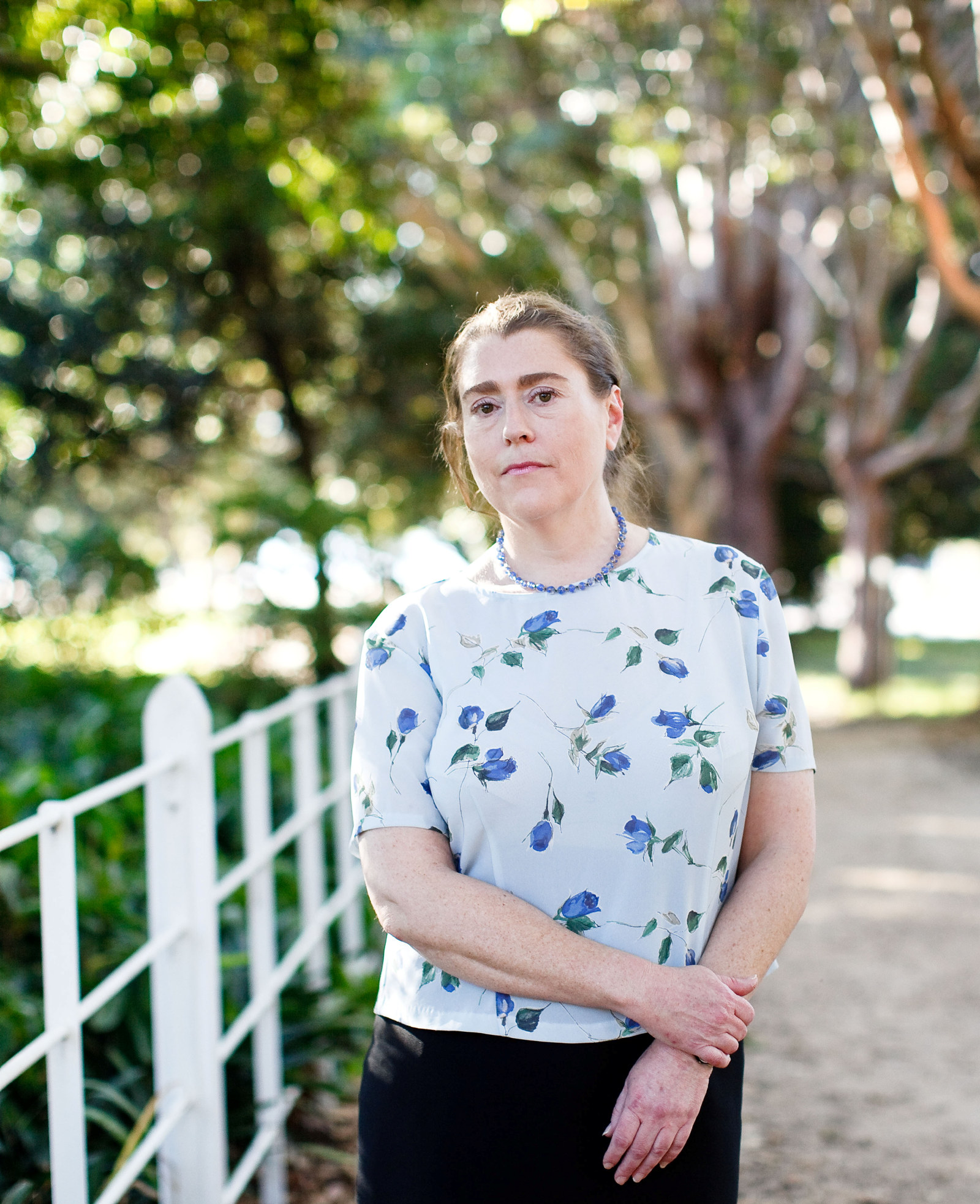William Knox (Billie) Child
1899–1964
Billie Child was one of the lucky ones. Although he enlisted in the Australian Imperial Force, he never embarked for overseas service.
The younger son of Arthur William Child (1864–c1937) and his wife, Eliza Mona Bell (1864–1947), William Knox (Billie) Child was born on 14 May 1899 near Maitland. Billie and his brother, Alexander, were the grandsons of one of Bessie Rouse’s old friends from the New England district of NSW. Billie attended the Cooerwull Academy at Bowenfels, near Lithgow, where he became a prefect, school captain, and captain of cricket and football. In his final year he won the Page Memorial Prize for ‘best all round boy in Mental and Physical Attainment, Powers of Leadership, and upholding School Honor [sic] and Discipline’.
Billie was a 19-year-old student, living with his mother at Leura, when he enlisted on 2 August 1918. He stated that his father was dead, possibly because he needed a parent’s or guardian’s permission to enlist since he was under 21. In fact, his estranged father had enlisted in the Army Veterinary Corps in 1914, declaring himself to be single and naming his sister as his next of kin. A former schoolboy cadet, Billie aspired to join the Light Horse. Within his personnel dossier is a reference from Major William James Sherbon to the supervising enrolling officer describing him as ‘a bona-fide Station Man, used to horses, good rider &c’. (Sherbon, Chief Clerk of the 2nd Military District, was presumably a family friend, since Billie’s great-aunt Annie Perry was invited to his daughter’s wedding.) Billie passed his riding test, had his vaccinations and medical and dental examinations, and took his ‘Final Leave’ in October, but never left Australian shores. Private W K Child was demobilised in November 1918 and discharged at the end of the year.
After the war he farmed for a time near Rylstone and then Quirindi. In June 1928 he married Dorothy Marion Mitchell. They had two children, Kathrine and Murray. By 1941 they were living on Sydney’s Northern Beaches when he once again enlisted for service. Discharged from the army in March 1947, he later worked as a greenkeeper. Dorothy died in June 1962, and two years later William Knox Child died, on 29 June 1964.
Published on
